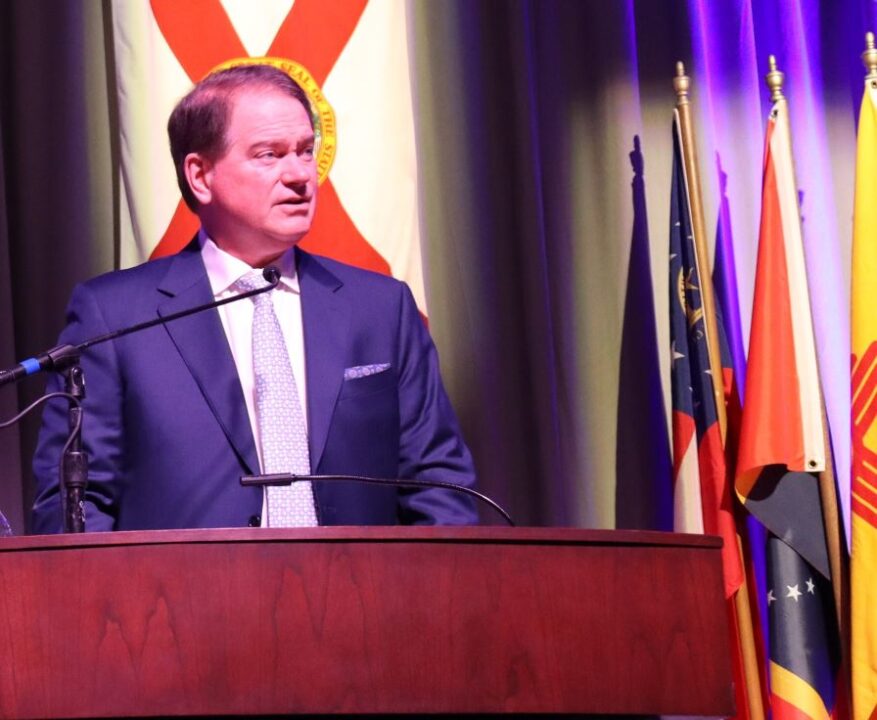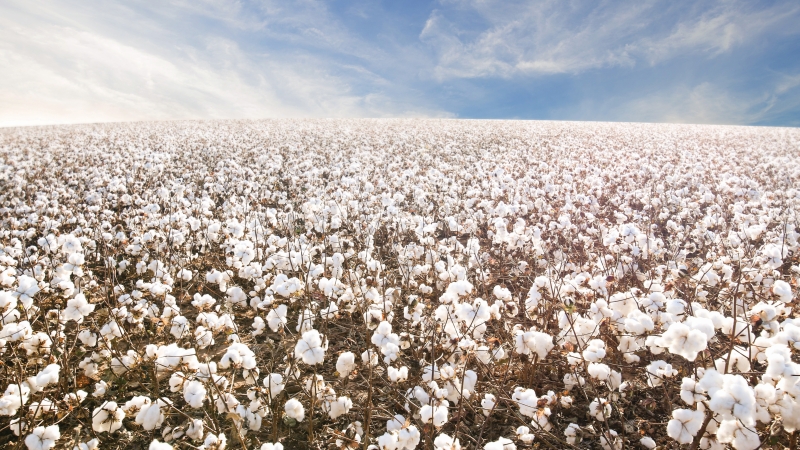Protecting The Brand
Long renowned for producing some of the best quality fiber on the planet, Egyptian cotton has never had trouble promoting itself to the world. But after some troublesome discoveries abroad, the country has taken some proactive steps in protecting its brand.
Sahar Mounir, the Executive Director of Cotton Egypt Association (CEA), says her organization took up its most recent cause – that of fighting for Egyptian cotton’s branding rights – in 2007. It was discovered that retailers were advertising products as 100% Egyptian cotton in many major foreign department stores, when the price and apparent quality suggested otherwise.
“It was then when we drew samples from the stores and sent them to testing to verify the actual content,” says Mounir. The testing confirmed suspicions that many products were actually just a blend of different materials. Sometimes the products contained as little as 10% Egyptian cotton.
“Countries like India and China, who are the biggest producers of textiles, tend to blend Egyptian cotton with their own cotton to produce more quantities and sell them at a cheaper price. It’s funny, though, if they think only 10% of Egyptian cotton is enough to promote their products. This makes us more proud of our quality,” Mounir says.
In an effort to stifle this sort of mislabeling, the Egyptian Ministry of Trade and Industry, along with the Alexandria Cotton Exporters Association, tapped the CEA to manage, market, promote, license and monitor the Egyptian Cotton logo and its licensees, as well as guarantee the authenticity of products licensed to use the logo. That process would boost the reliability and value of Egyptian cotton’s brand.
After reviewing logo nominations from several internationally distinguished designers, the CEA settled on their current logo with the help of an American marketing firm. From there, the Egyptian Ministry of Trade and Industry along with the Alexandria Cotton Exporters Association registered the logo in Egypt and internationally. Next the CEA set about the more tedious task of vetting potential licensees who would be allowed to use the logo. So far, over 50 licensees have been awarded the ability to use the logo on their products, while as many as 15 more are undergoing the vetting process. Licenses have been granted in countries such as India, China, Portugal and the United States. The CEA maintains that the only way consumers can ensure products are made with 100% Egyptian cotton is to check for the new logo.
The logo draws its strength from consumer loyalty, according to Mounir’s organization. Because Egyptian cotton is so highly valued by consumers, the CEA’s licensing process is rigorous. Those awarded the ability to use the logo are charged an initial $5,000 fee, along with an annual $2,000 renewal fee. For its part though, the CEA plans to be proactive in elevating its brand. Licensees enjoy additional benefits from the Association, including access to retail, hotel and media agency partnerships and promotions, consumer promotions and media coverage and an integrated branding campaign, according to the CEA.
“We shall be launching an international promotion campaign that will be a full-fledged one addressing the consumers, the retailers, the manufacturers and the media. We shall do all that is needed to assure the logo reputation,” Mounir says.
“The logo means 100% Egyptian cotton. Any other label is a bluff. The logo is a consumer protection issue,” Mounir adds. The CEA serves as its own watchdog, with representatives pulling products from shelves worldwide. The campaign serves a dual purpose, according to Mounir. On one hand, the logo serves to strengthen an already reputable brand. On the other, the logo helps to prevent false advertising surrounding the product.
“We do both. We want to guarantee producers and brand names that use Egyptian cotton that they are well rewarded and hence could sell their products with a premium to niche markets. Meanwhile, we want to monitor the usage of Egyptian cotton around the globe, and draw a traceability map for it to assure the logo is properly used.”
Mounir seems proud to be a part of a global effort to promote cotton in the marketplace, citing a strong relationship with Cotton Incorporated, an American organization with aims similar to the CEA. “We all promote our cotton in different logos, but at the end we all promote cotton as a breathing natural fiber vis-à-vis man made fibers.”









